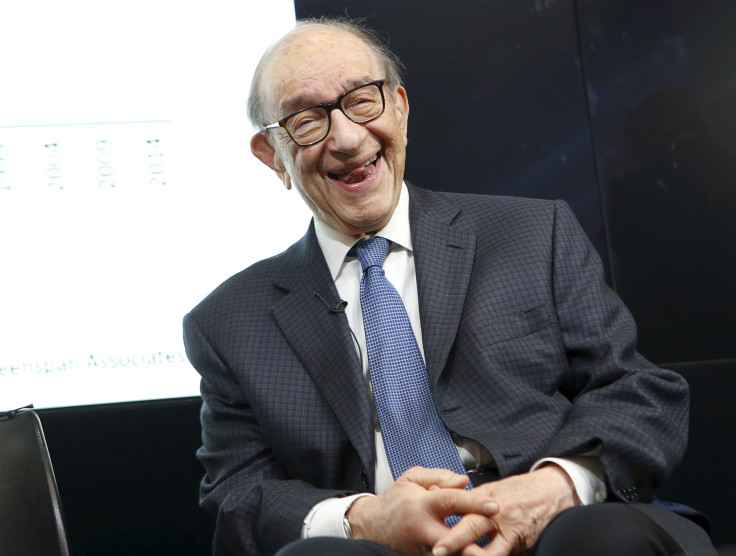Growth slowing in US and Europe, says new economic outllook

The new outlook on the global economy says growth in the United States and Europe, in the aftermath of the China slowdown is showing a stark downturn in manufacturing.
“There is substantial concern at present that global demand weakness is dampening the economy in the industrial countries,” said Jörg Krämer, chief economist at Commerzbank.
The Federal Reserve had to hold its planned interest rates hike on account of global market volatility, belying all expectations, the New York Times reported.
US manufacturing sector
In the U.S, growth in manufacturing sector showed no month-over-month change in September, and stayed sluggish, according to an industry report released by the financial data company, Markit.
It said job creation trailed in September, with the index staying at 51.4, and was the weakest since July 2014, down from the August index of 52.4. A combination of strong dollar, sagging demand in export markets and reduced capital spending by energy companies exerted a dragging effect on the manufacturing sector in the United States, noted Chris Williamson, chief economist at Markit.
“The survey is indicating the weakest manufacturing growth for almost two years, meaning the sector will have acted as a drag on the economy in the third quarter,” Williamson said.
Sagging Asian demand
The economist also said signs of dwindling demand from Asia led by China are hurting businesses in the Eurozone where business growth slowed in September, after the demand from Asia weakened. Factories have been forced to reduce output, even though companies made an effort to raise prices for the first time in four years, the survey said.
The slowdown happened amidst the debate whether the European Central Bank (ECB) should expand stimulus programme to add growth. Markit’s Composite Flash Purchasing Managers’ Index, based on inputs from thousands of Eurzone companies came down at 53.9 in September, down from 54.3 of August. The Reuters poll had predicted a dip to 54.1.
"Exports are under pressure from Asia and that has lowered overall demand. Even in the U.S., there is a fair amount of import substitution," added Chris Williamson, chief economist of Markit said.
The Organization for Economic Cooperation and Development also said the global economy has weakened slightly and has become less certain in recent months as ripples from China is outweighing the improvements made by the U.S. economy. The OCED said slowdown in China continues to be a risk for the global economy.
The Paris-based research body said the strength of the U.S. economy justifies the Federal Reserve’s desire to raise interest rates at a gradual pace. But that robustness is not enough to brighten the overall outlook for the rest of the world.
For feedback/comments, contact the writer at feedback@ibtimes.com.au or let us know what you think below.





















